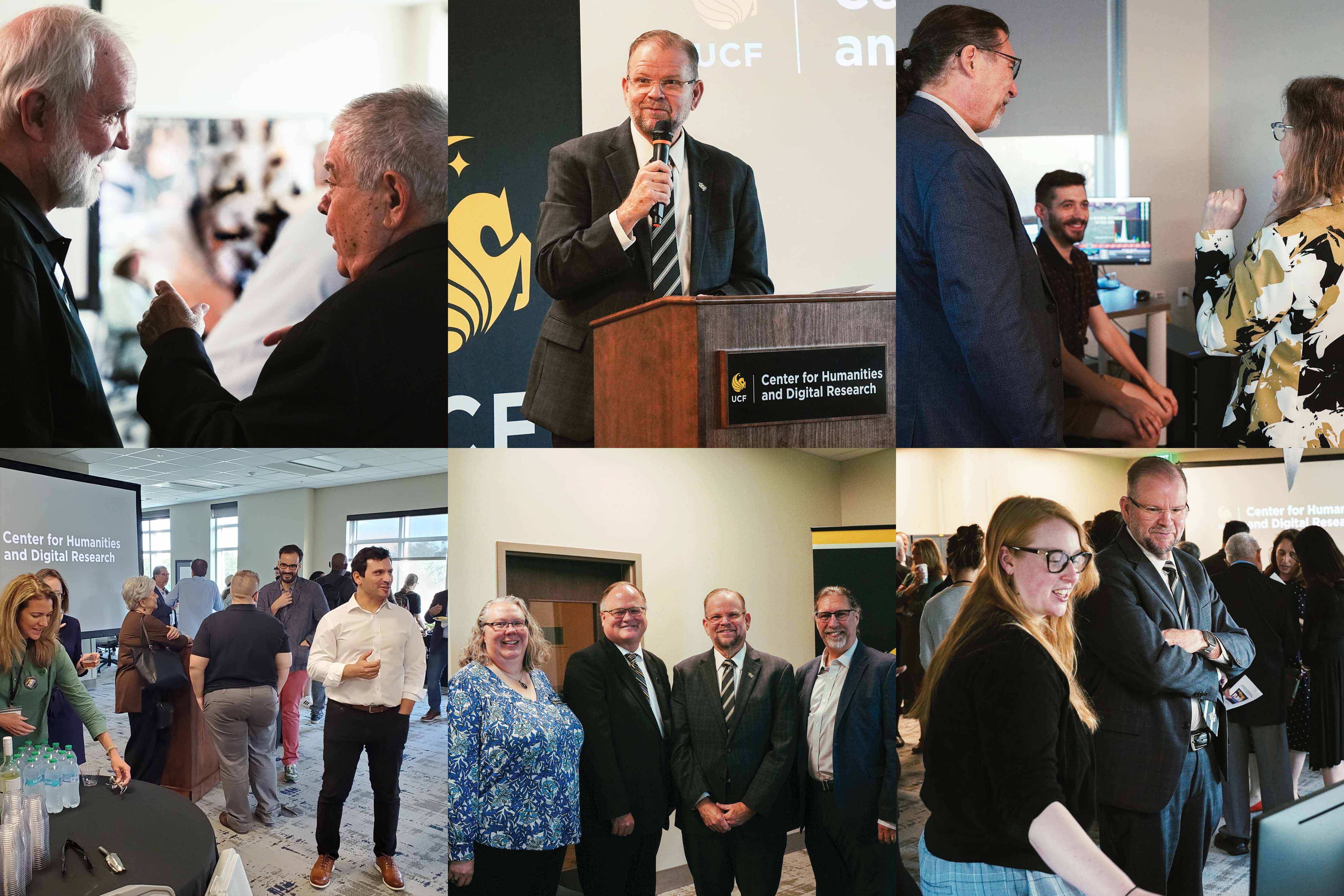
On September 20, 2024, UCF's Center for Humanities and Digital Research hosted a grand re-opening of its new research lab, complete with cutting-edge tools for conducting vital digital humanities work. Also serving as the opening of the FLDH 10 conference, the event featured remarks from Bruce Janz, Co-Director, CHDR; Jeffrey Moore, Dean, College of Arts and Humanities; Rachel Vacek, Associate Dean for Digital Strategies, Impact, & Visibility, UCF Libraries; and Alexander N. Cartwright, President, University of Central Florida. The delivered remarks were recorded and can be viewed on YouTube.
The CHDR lab was realized through an Infrastructure and Capacity Building Challenge Grant from the National Endowment for the Humanities.
(
Watch the Remarks ➔)
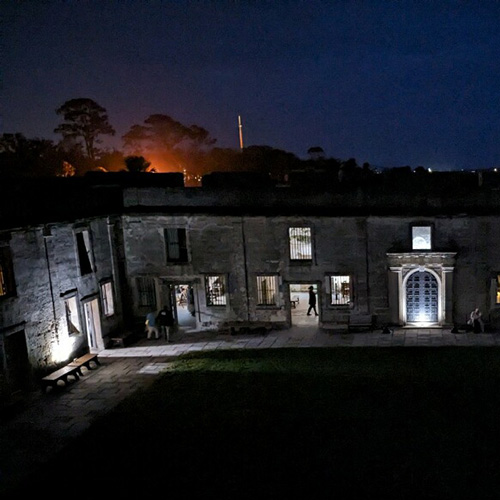
In November 2022, tribal leaders from the Cheyenne and Arapaho tribes traveled to St. Augustine to lay to rest their captured ancestors who were taken from their families in 1875 and imprisoned in Fort Marion for the remainder of their lives. At the hosted events, tribal leaders shared training sessions with the National Park Service and also shared information at nearby Flagler College. Researchers from UCF, including Dr. Amy Giroux of CHDR, attended and presented research about the final resting places of these lost warriors.
Lost Warriors is a short documentary about these events in November 2022 that was produced by Cheyenne and Arapaho Productions and is available on YouTube.
(
Watch the Documentary ➔)
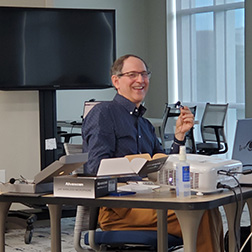
Prof. Craig Saper offered a series of tentative definitions of DH as well as discussed models of reading and literacy in an age of big data sets, algorithmic mining, and AI-chat-bots. Since UCF has generated so much important research in the study of texts and technology, Saper also highlighted a few of earlier UCF faculty projects in an effort to reconcile what look like very different premises about the impact of computation on literacy, intelligence, and culture.
Professor Saper is the Director of the Language, Literacy, and Culture Doctoral Program at UMBC in Baltimore where he continues research begun in texts and technology at UCF on reading machines and changes in literacy.
The talk, which was given in CHDR's new space, will be avaiable online soon.
(
Full Info ➔)
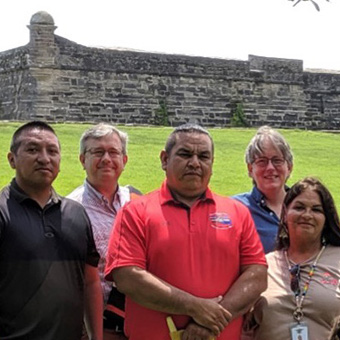
During the Plains Wars of the mid-1800s, thousands of indigenous peoples were forced from their homelands. Dozens of their leaders and warriors were imprisoned over a thousand miles away from home in Fort Marion (now known as the Castillo de San Marcos) in St. Augustine, Florida. Today, UCF researchers are collaborating with the Cheyenne and Arapaho tribes of Oklahoma, the National Park Service, the Florida National Guard and Flagler College to help restore the lost prisoners’ experiences for their descendants and the public.
After five years of digging through U.S. Army records and correspondence dating back more than a century, Amy Larner Giroux, associate director of the Center for Humanities and Digital Research, discovered the names of 10 chiefs and warriors from the Cheyenne, Kiowa and Comanche tribes who were imprisoned and died in Fort Marion between 1875 and 1878.
Giroux's research led to her and fellow researchers—Mike Shier (CHDR), Marcy Galbreath (Lecturer Emeritus, DWR), and Jeremy Carnes (postdoctoral scholar in DWR)—participating in cultural events and research presentations with future tribal events being planned.
(
Full Info ➔)
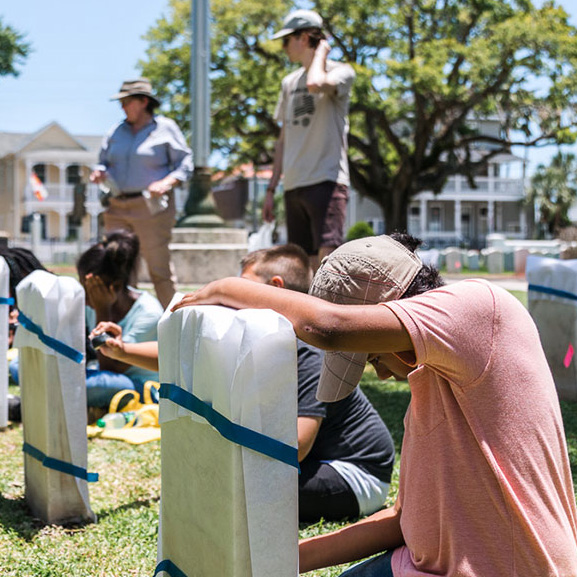
Established through the National Cemetery Administration (NCA), between 2017 and 2019, the UCF Veterans Legacy Program harnessed UCF student research efforts to create biographies of veterans buried in national cemeteries in Florida. In piecing together veterans’ stories, students gained historical insight while honoring forgotten legacies.
Now, thanks to a new grant from the Department of Veterans Affairs, that impact will extend beyond the university. Starting in 2023, UCF students and faculty will partner with teachers at Florida K-12 schools to create VLP classroom projects. These projects will connect younger students with veterans’ stories through their local NCA cemetery.
“As the digital humanities research hub for the College of Arts and Humanities, our center developed and maintains the VLP website,” said Amy Giroux, director of CHDR. “The current K-12 curricular materials will be expanded by our new institute.”
(
Full Info ➔)
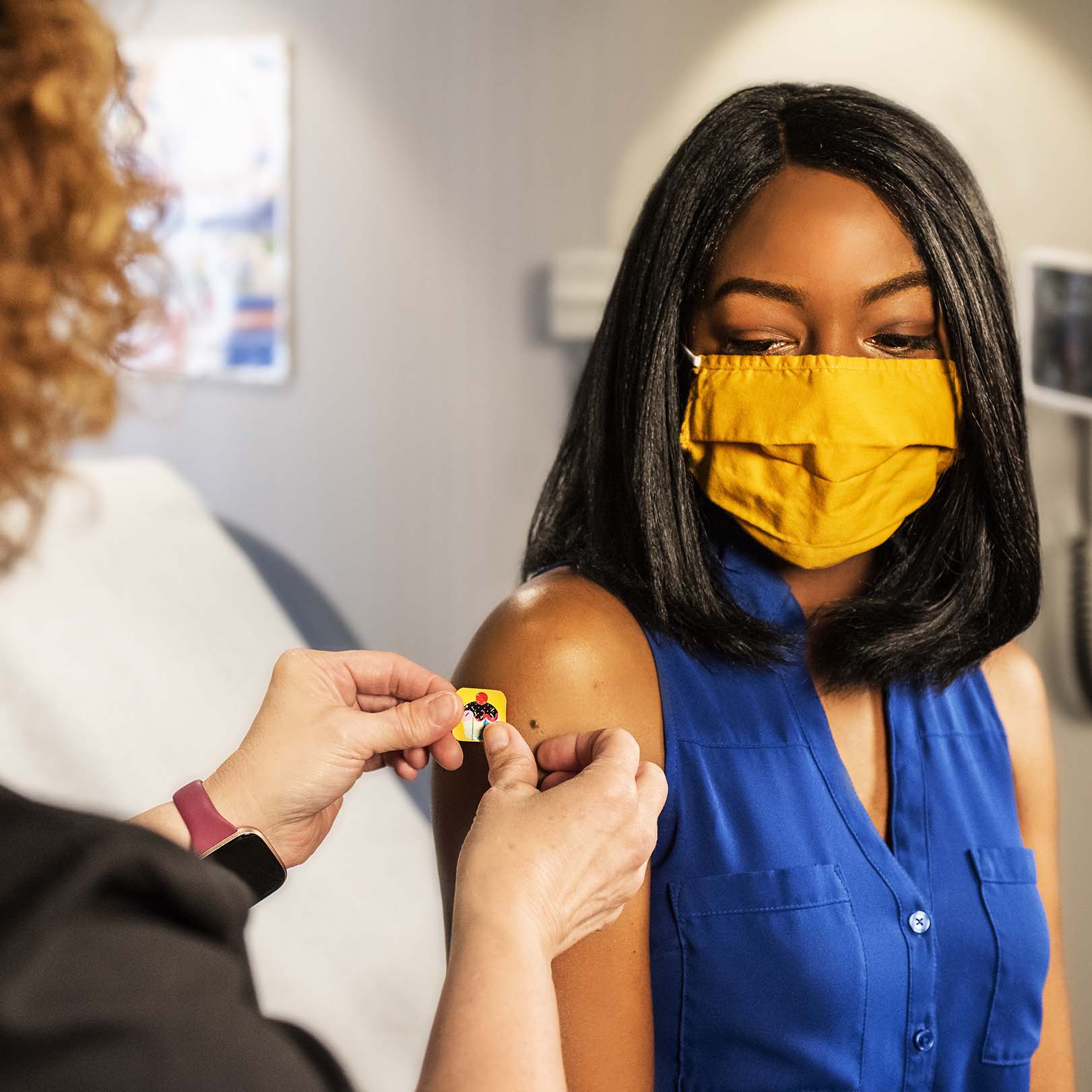
This panel explores the historical contexts of infectious disease in America, beginning with the Yellow Fever of 1793 and the Spanish Flu of 1918, before examining the current state of the Covid 19 pandemic in Florida and around the world. It also engages various medical and social debates related to public health policy and patient rights.
Presented by the UCF Center for Humanities and Digital Research in collaboration with Rollins College, Seminole State College, Valencia College, Stetson University, Lake-Sumter College, Bethune-Cookman University, Daytona State College, and UCF Libraries.
(
Full Info ➔)
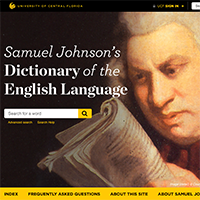
UCF researchers, led by Associate Professor of English Beth Rapp Young, have launched a new digital version of Samuel Johnson’s A Dictionary of the English Language. Made available to the public April 15, which is the 266th anniversary of the first edition’s publication, this digital tool empowers readers to search the dictionary’s more than 43,000 words online for the first time. This project is the result of years of labor and a $350,000 grant from the National Endowment for the Humanities.
The dictionary is accessible now at https://johnsonsdictionaryonline.com, with updates to search functionality, user accounts, and further editions coming on a rolling basis.
(
UCF News Story ➔)
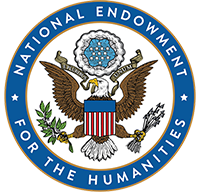
CHDR was awarded a National Endowment for the Humanities (NEH) Challenge Grant in the amount of $193,736 to create a national model for developing and sustaining trans-disciplinary collaboration, student-engaged research, and academic-community projects.
UCF is required to raise matching funds of $193,736 over a five year period. Mark Kamrath, PI; Bruce Janz, Scot French, Amy Giroux, Mike Shier,
and Connie Lester co-PIs.
As a component of the grant, CHDR will be moving to a larger space and furnishing the space with large-format scanners,
a film scanner, and 3D laser scanners, in addition to computer workstations and collaborative spaces.
(
NEH Announcement ➔)
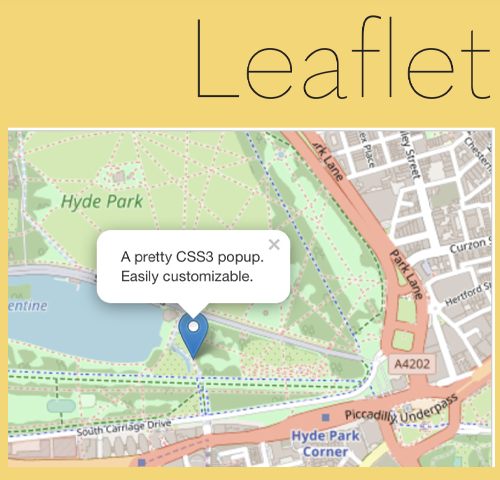
Learn about the open-source mapping tool Leaflet with a presentation from Texts & Technology PhD student Evan Wallace, research associate Casey Carnes, and Dr. Rosalind Beiler of History given for CHDR on November 19, 2019.
The talk covers their project in progress, PRINT, which you can learn more about on our projects page, as well as the strengths and adaptability of this versatile tool.
(
Watch on Youtube ➔)
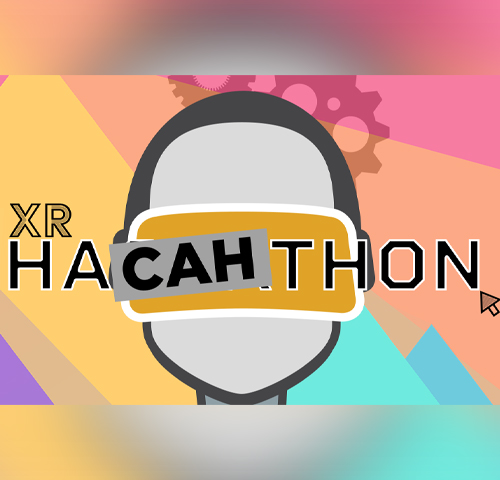
On October 25, 2019, Drs. Amy Giroux and Mike Shier of CHDR led the first annual "HaCAHthon," a hands-on workshop for CAH faculty, staff, and graduate students. At this event, attendees learned how to shoot 360-degree video, augment it with effects and text using Adobe After Effects, and encode it as spatial video for use with VR headsets.
Participants left with ideas for using this technology in their own research as well as a finished mockup video of their ideas.
(
Sample Slides)
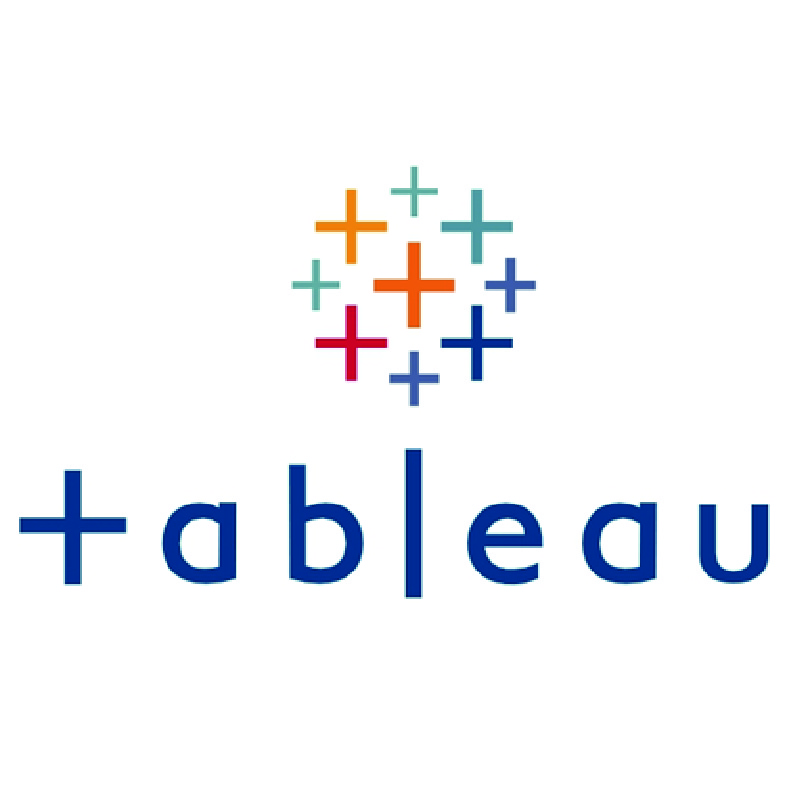
Learn about the data visualization tool Tableau with a presentation from Texts & Technology PhD candidate Mia Tignor, given for CHDR on March 19, 2019.
(
Watch on YouTube ➔)